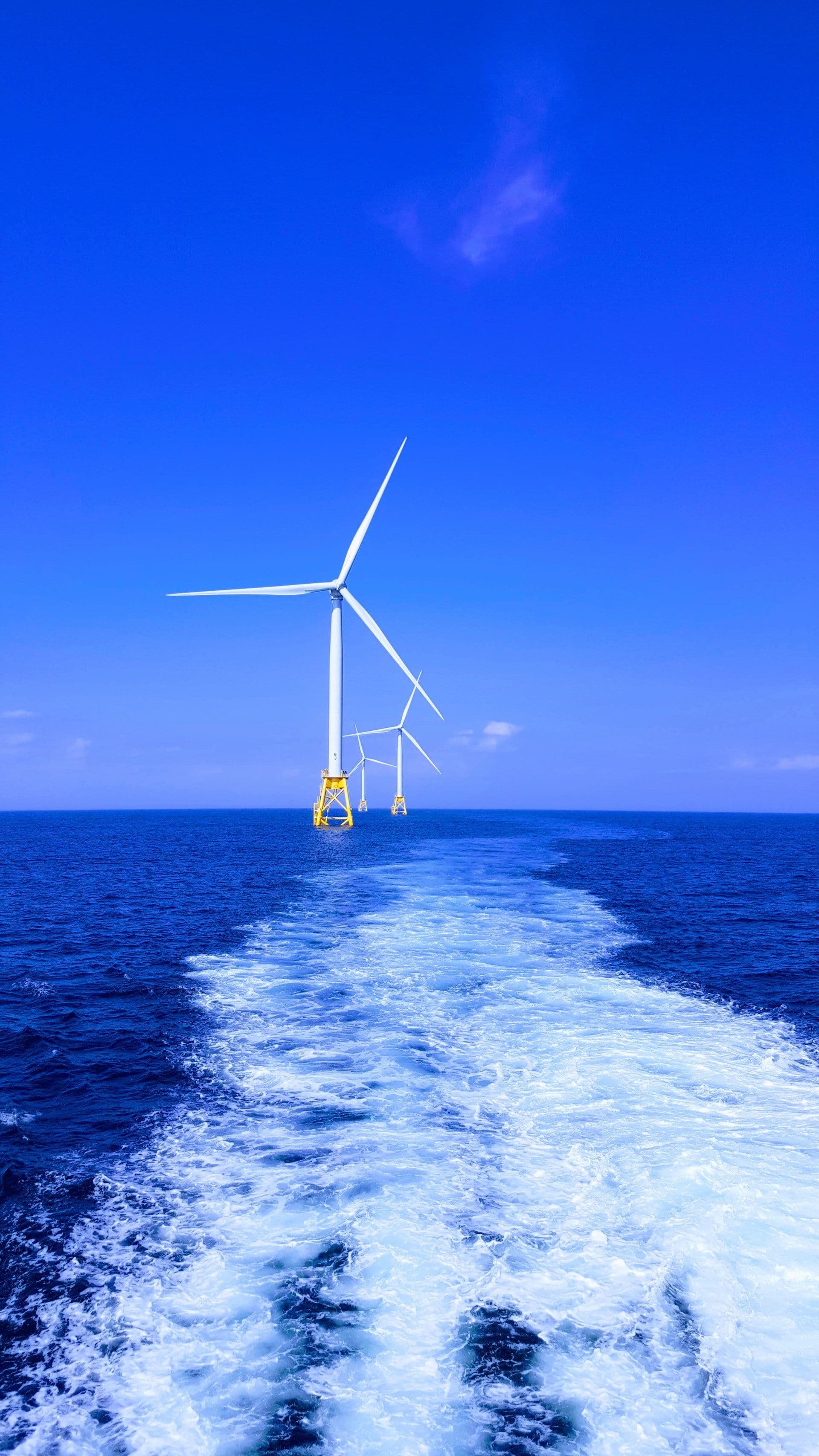10 million households in Europe will replace electricity with hydrogen energy: Luxembourg invests 30 million euros in the project

Luxembourg has invested in a Danish artificial island project. It will house a hydrogen power plant. Once operational, it will have enough power to replace electricity with hydrogen power for 10 million households across Europe.
Thus, the Grand Duchy not only wants to help the inhabitants of the country and the region to protect themselves from the current and future energy crises. The state also wants to take a new step towards green energy. And away from fossil fuels and reduce hydrocarbon emissions. Danish energy will be completely green, as hydrogen will be produced using wind turbines.
The station will start operation in 2030. Shortly thereafter, it will be connected to power grids across Europe. And thus the energy will reach 10 million households and numerous countries. A public tender for the construction will open next year.
Danish hydrogen will cover 10-15% of Luxembourg energy costs. This is a good replacement for Russian gas, which is now lacking in many critical industries in the country. Moreover, hydrogen also compares favorably to electricity. It’s easier to store. It’s also easier to deliver by truck, ship or pipe. In addition, it does not lose energy over time.
Therefore, Luxembourg is already planning to reformat the network of unused gas pipes for the delivery of hydrogen. Creos is in charge of the project. In the future, this network will be connected to the pan-European one.
Luxembourg has a complicated relationship with the green agenda. For example, the country has recently doubled its solar energy production. And other environmental measures are taken. However, the Grand Duchy still comes under fire by eco-activists for not doing enough. Therefore, a new investment in a hydrogen power plant can become an important step for the state and reconcile the concerned parties.

